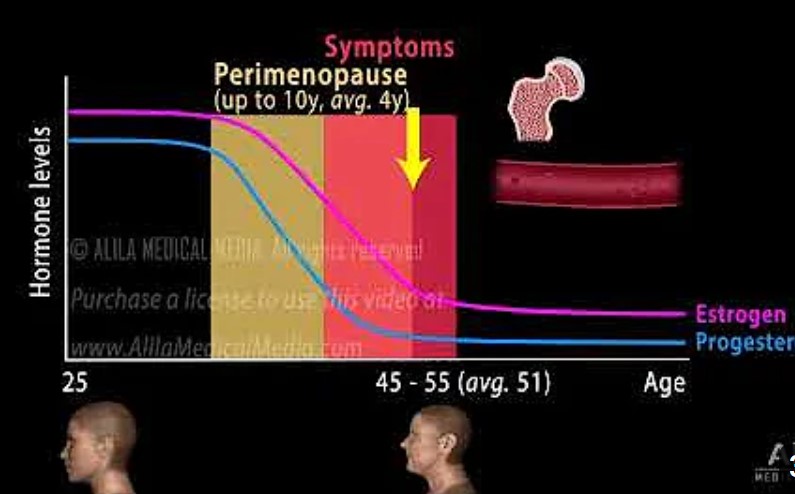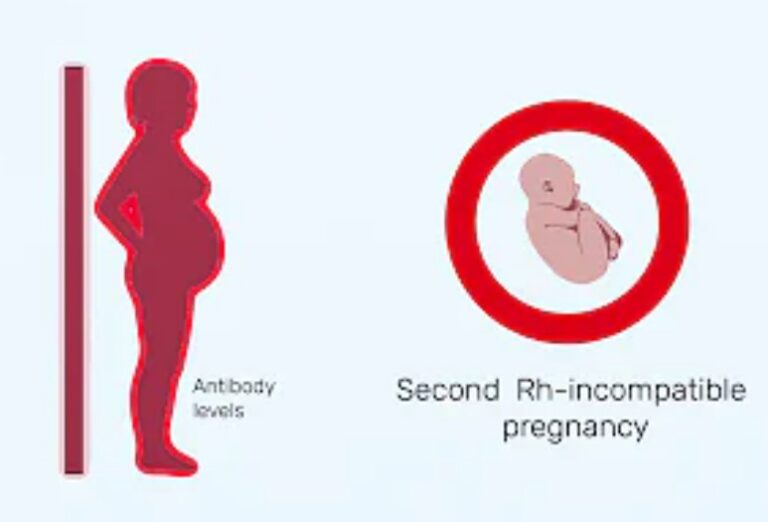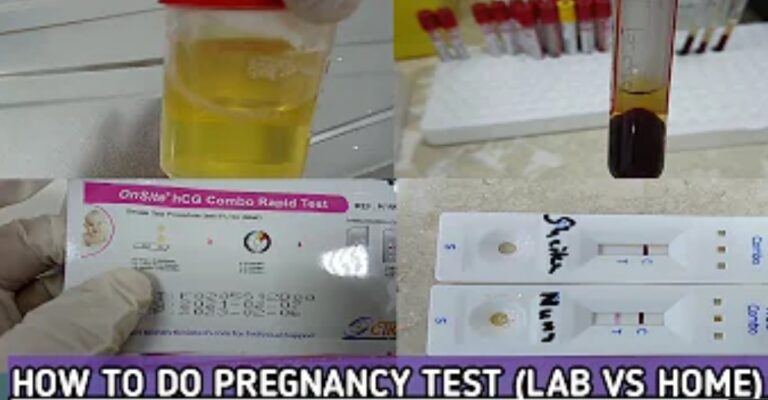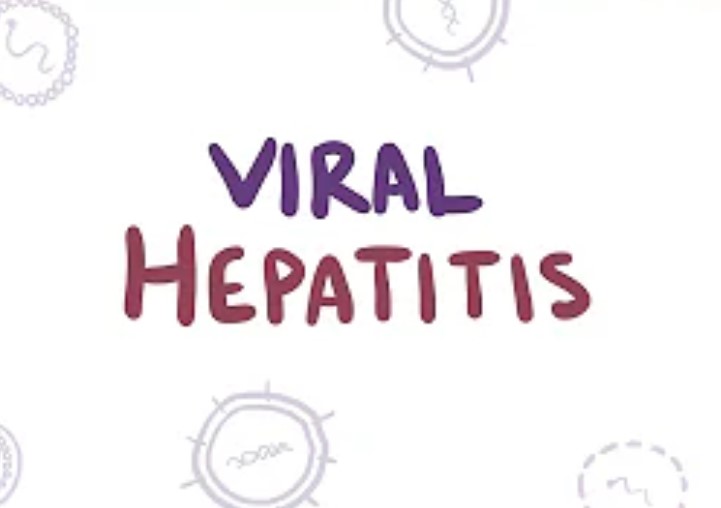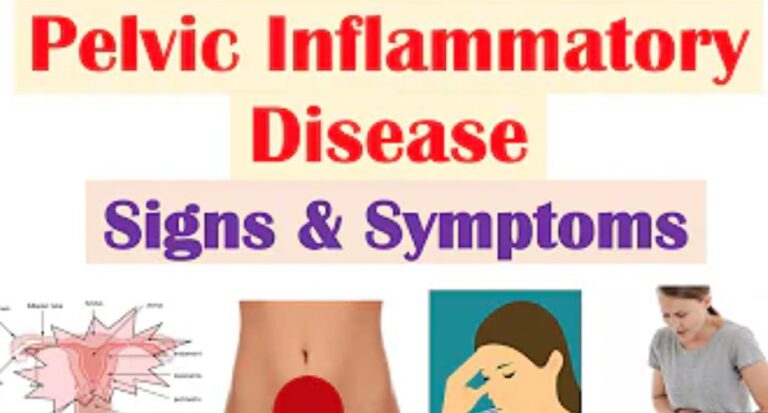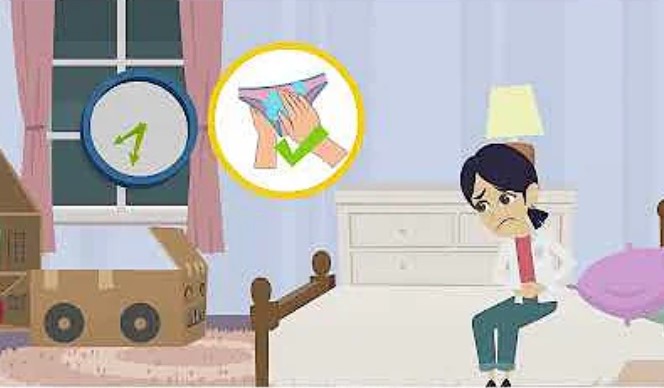Menopause: Symptoms, Cause, Premature Menopause
You may have heard statements such as; “I need to get married quickly and have children before I hit menopause” or “I swear I can hear my biological clock ticking; I need to start giving birth as soon as possible”.
Well, even though Menopausal changes associated with this period are often seen as a mishap, it is a normal event that happens in the life of every woman once the time is right.
What is Menopause?
This is defined as a woman’s final menstrual period and this is confirmed after she has had 1 whole year without seeing her menses. In other words, to be sure that a woman is post-menopausal, she must have had one year without having any menstrual periods. The average age at which this occurs is between 51-52 years.
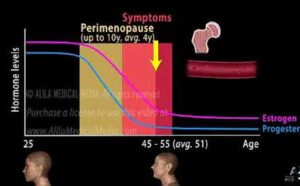
What Happens in Menopause
Let’s start from the very beginning. While still in the uterus, a female child is initially gifted with up to 7 million eggs. However, these eggs start dying gradually so that by the time the child is born, only about 2 million remain.
When the child attains puberty, about 400,000 eggs remain and at every cycle, about 10-15 eggs are recruited and prepared for ovulation. However, only one (or in some cases, more) gets to be ovulated and may be fertilized if a sperm finds its way there. The others die off and the cycle continues. As these eggs get depleted, menopause draws closer.
Causes of Menopause
The causes of the changes seen in the menopausal period are attributed to both hormonal factors as well as the follicular (eggs) factor.
Menopause occurs as a result of a depletion of the egg reserve of the woman. This depletion now leads to a fall in the amount of oestradiol (a reproductive hormone in the body of a woman), When this happens, the endometrium (womb) of the woman would not be stimulated, and hence no menses.
While menopausal changes can sometimes be a sudden event, some women do experience a gradual change in menstrual pattern in the years preceding menopause (like irregular cycles) which may be accompanied by troublesome symptoms; this is often called ‘perimenopause’.
Symptoms of Menopause
Some women while going through menopausal changes may experience some symptoms such as; hot flashes, night sweats, anxiety, and tearfulness. Some symptoms which may appear years later include; bone diseases, heart diseases, memory issues, etc.
A summary of the effect of this period is as follows:
In the early stages (that is between 0–5 years), you may experience symptoms like hot flashes, increased night sweats, mood changes, anxiety, tearfulness, loss of concentration, and poor memory. You can also have Joint aches and pains, Dry and itchy skin, Hair changes, and Decreased sexual desire.
Later on, around 3–10 years after, you may notice Vaginal dryness, soreness, pain during sexual intercourse, recurrent urinary tract infections, and urogenital prolapse.
In the long term, which could be about 10 years or more, you might have bone weakness and fracture (known as Osteoporosis), Cardiovascular diseases, and possibly Dementia.
- Read also: painful sexual intercourse
- and Urinary tract infections.
What is Premature Menopause
Some women may start experiencing these symptoms early on before their 50s. This is known as premature menopause. Premature menopause occurs if the changes happen before the age of 45. This is commonly seen in 1 per cent of women below the age of 40. It is one of the common causes of missed periods without pregnancy. The cause of this spontaneous premature ovarian failure is usually unknown, but there are possible causes:
Either there may be something wrong with the ovaries themselves as seen in primary ovarian failure or something happens to the ovary, e.g. damage to the ovary after surgery or following radio- or chemotherapy for certain cancers like ovarian cancer.
Women with premature menopause have an increased risk of complications later in life and may need special support. You should see your doctor about this.
Read: missed periods without pregnancy
Management/Treatment of Menopausal Women
Menopause is not a disease and therefore no “treatment” is required. However, some medications may be given to help alleviate some of the symptoms. For example,
- your doctor may place you on hormone replacement therapy (HRT) to prevent/stop the progression of osteoporosis (bone disease). He/she would also explain the possible side effects of the drug to you.
- Anti-depressants may also be given to treat the psychological symptoms.
Having said all this, it is important to know that menopause is not a catastrophe (unless it happens prematurely, that is, before the age of 40. This is known as Premature Menopause). Instead, it should be a thing of thanksgiving for having lived through one’s reproductive years.
It is good to know that every woman’s body is different. In the same vein, women experience menopause differently. Therefore, it is always good to consult your doctor who will then decide whether or not you require any intervention
Don’t forget to share this, and feel free to ask any questions you may have I will do my best to answer you as soon as I can.
